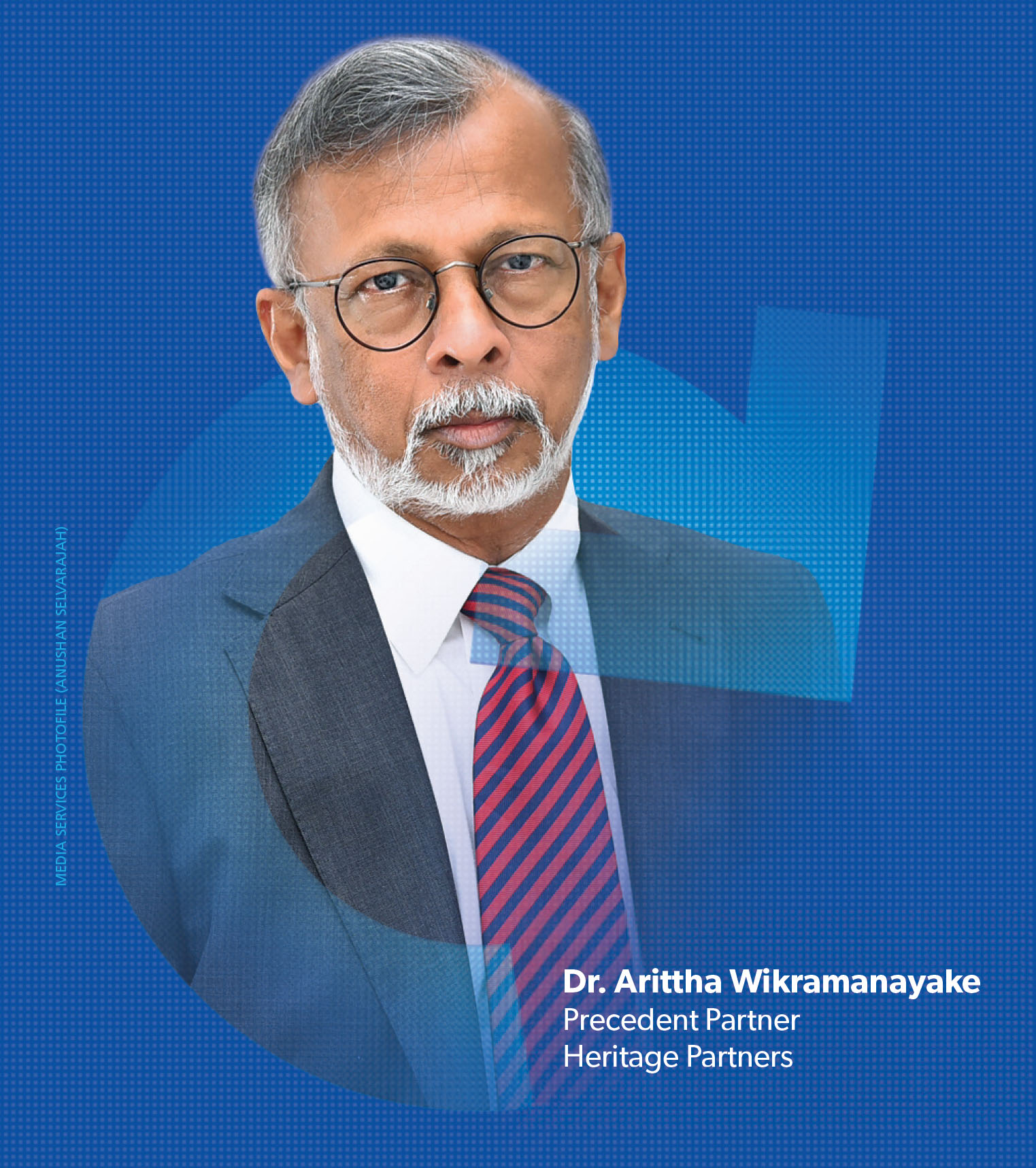Giving is as bad as taking
Most of us share outrage, and bemoan the unprecedented levels of corruption and total lack of action by the government to prevent or punish such acts.
Even though our concern is justified, we need to question ourselves as to whether we can be sanctimonious about it. We must examine our own conduct in creating conditions where corruption can thrive.
Every act of corruption takes two hands: the one that gives and the one that takes. In most instances, it’s the giver who initiates the process and is the root of the problem.
Simple acts of everyday conduct, often to merely avoid inconvenience – such as gratifications for being permitted to cut a line in a government office, being let off with a warning on a traffic offence or a full tank of fuel outside the quota – originate with the giver and is frequently a subject of bragging at social gatherings.
‘Grand corruption’ for larger returns on matters such as government tenders also usually originate from the giver, to stay ahead of the competition.
Similar ‘giving’ – such as a vote for a corrupt politician or even a felicitation at a reception, and turning a blind eye to the misuse of public funds – is equally abhorrent.
Although the ‘taking’ cannot be justified, one can hardly expect the person at the other end of the offering hand to resist such offers when we create conditions where such actions are unlikely to be condemned or sanctioned.
Intentionally or otherwise, we have all equally contributed towards a culture that has made the giving of such gratifications an acceptable practice. We, as a community, need to collectively accept our role in creating this culture and permitting it to become a way of life.
The making of such payments needs to stop.
We need to feel shame about breaking the rules rather than celebrating it as an achievement; to shun those around us who engage in such practices; to treat them as ‘pariahs’ rather than achievers; and certainly not bestow on them awards for being our role models or leaders.
We also need to expose them for the crooks they are.
The bitter truth is that there is little hope of changing the system, unless and until we acknowledge our role as givers.
Corruption is now a way of life. The takers are by and large unconcerned about the consequences of their conduct. They’re confident that they will be reelected, not be prosecuted and invited to the next reception.
On the other hand, we generally have greater control over the givers. They are us. Drastic personal change is therefore essential, beginning with our own attitudes. It is then and then alone that we will see a move towards change.
We must examine our own conduct in creating conditions where corruption can thrive





